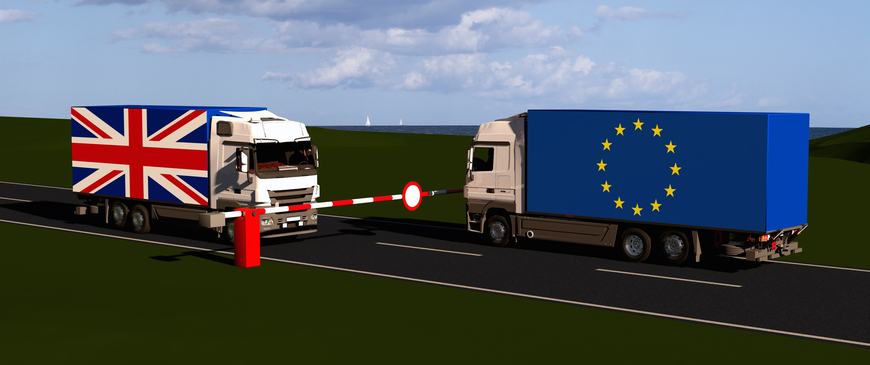
Politico Playbook interview: Sam Lowe
TRADE SECRETS: With the post-Brexit trade deal we’ve been waiting for all year now hanging in the balance, Playbook thought it was a good moment to catch up with one of the few people who can actually comment with authority on ratchets, non-regression, rebalancing measures and whatnot. The Centre for European Reform’s senior research fellow Sam Lowe made the (relative) case for optimism about the UK and EU’s ability to reach a deal all the way back in March. Nine months and roughly a bazillion “crunch moments” later, what’s his view? “I think a deal is still more likely than not,” Lowe says.
Why? “On the level playing field issue, the U.K.’s actual decision is whether to accept no trade deal and tariffs on Day 1; or a deal and no tariffs on Day 1, with the risk tariffs could be reimposed in future — if the the U.K. actually chooses to weaken its environmental and labor protections. Of course the details and process still matters — who gets to decides whether the EU or U.K.’s rules are equivalent etc. — but for me this isn’t a particularly difficult question to answer: Take the deal.”
Ratchet watch: Talks seem to be zoning in on the so-called ratchet clause proposed by the EU; the idea, to quote Boris Johnson yesterday, that “whatever new laws they brought in we would have to follow or else face punishment, sanctions, tariffs or whatever.” If that’s truly where the talks are at, how unusual is it for a trade deal? “I can understand why the U.K. doesn’t like the new unilateral ratchet proposal: It is an attempt to force future convergence with the EU,” said Lowe. But the simplest solution in his view is simply for the two sides to revert to the EU’s original proposal: “That the EU and U.K. agree to retain existing levels of environment and labor protections — so-called non-regression” with “a provision that allows for this non-regression floor to be raised in future, upon mutual consent.”
The Labour factor: “I understand that the government is concerned that accepting this could lead to Labour conspiring with the EU to lock in higher protections in future; but in reality a Labour government could do that anyway. The only way to stop Labour from renegotiating the treaty with the EU is to ensure Labour never win a general election again.”
The ‘sovereignty’ factor: Brexiteers argue the EU has failed to understand that both the key sticking points —level playing field and fisheries — have become arguments about “sovereignty.” Lowe reckons it’s a word that is “understood very differently by different people … From my perspective, all trade agreements constrain the ability of governments to act in different ways, and offer economic benefits in return. But does entering into a trade agreement make a country less sovereign? I don’t think so, because the country can always choose to give up the benefits and exit the trade agreement if it finds the constraints too arduous.”
CLIFF-EDGE PREDICTIONS: “It’s actually really difficult to predict” the scale of the disruption that’s likely come the end of the transition period, in either scenario, Lowe said. “In terms of the immediate impact of the new Brexit barriers, much depends on business behavior. If companies continue as normal, Dover, Holyhead and other ports are going to get bunged up pretty quickly. But it is also possible that lots of companies avoid moving goods across the border in the first few weeks of January because they want to wait and see how things pan out. There’s economic damage either way — but the second scenario is perhaps less telegenic.”
